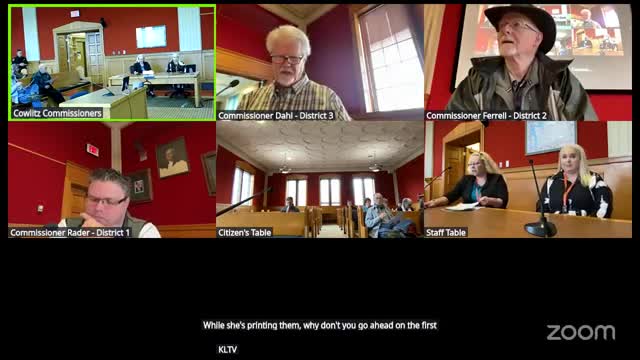Article not found
This article is no longer available. But don't worry—we've gathered other articles that discuss the same topic.
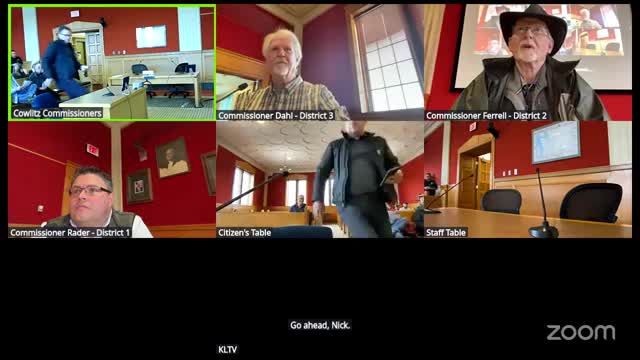
Public commenters raise concerns about proposed TIFs, state tax bill, voter ID and noncitizen employment in public safety
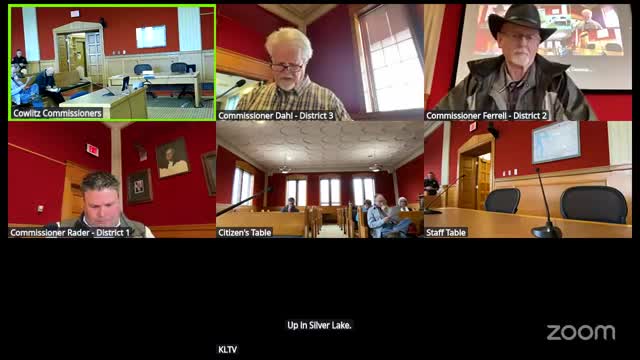
Commissioners approve consent agenda including Fish & Wildlife maintenance agreement, landfill gas contract amendment and $2.63M in vouchers
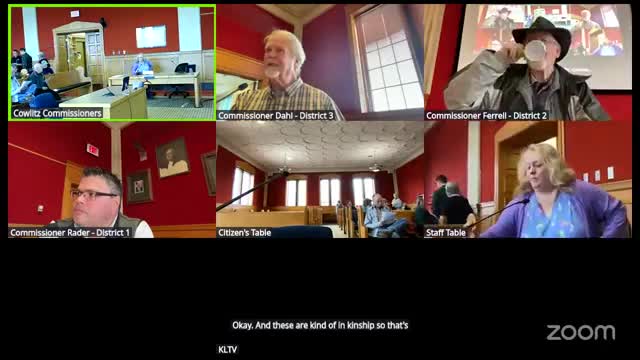
County updates road and street design supplement to add Type D private road for small short plats
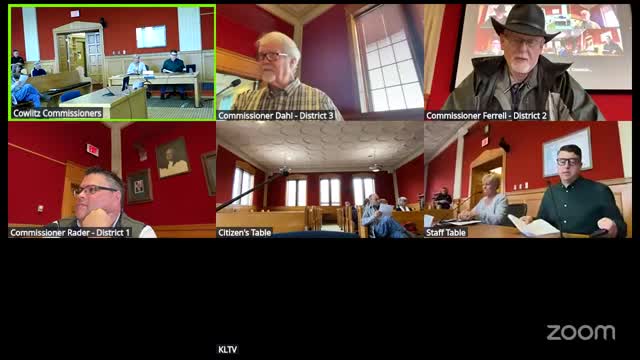
County shifts approval of private roads for small short plats to building and planning director
